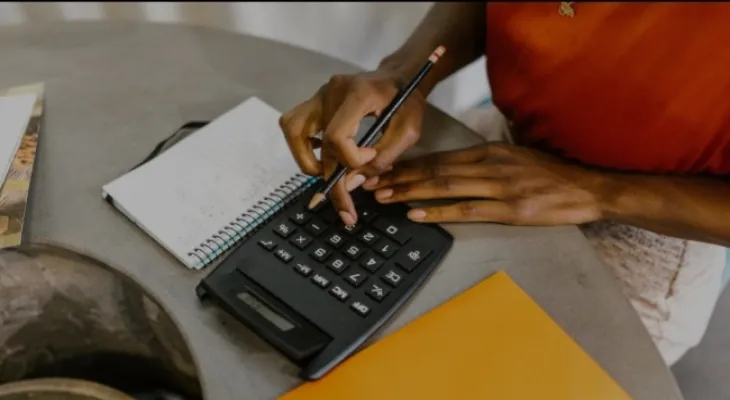Search here
Newspaper
Search here

Arab Canada News
News

Published: December 26, 2022
Although a recession in 2023 is not guaranteed, economic indicators point to the fact that we may face an economic slowdown early next year.
On December 7, the Bank of Canada raised the overnight interest rate by an additional 50 basis points in an attempt to cool recent inflation. This, along with RBC analysts' expectations for a recession during the first quarter of 2023, hints at a potential economic downturn next year.
Whether or not Canada will experience a recession in the near future, creating a financial action plan to help mitigate risks is still a good idea.
What happens in the event of a recession?
Bank of Canada Governor Tiff Macklem stated in a public statement on November 14 that "The economic growth slowdown will disproportionately affect the most vulnerable households, putting the burden of high inflation and high interest rates to combat inflation on low-income families."
During a recession, the country's GDP tends to decline as some industries earn less revenue.
Some possible outcomes of a recession are:
Increased unemployment, job losses, and decreased consumer spending, which harms businesses.
When it comes to your personal finances, it is good practice to prepare for the worst. With top Canadian economists predicting a recession, consumers should be alert and plan accordingly.
Here are some actionable steps you can take to reduce the impact of a recession on your money:
1. Assess your investment risk
Now is the time to review your investments to see if you are comfortable with the amount of risk you are exposed to.
High-risk investments are more likely to incur greater investment losses than low-risk investments. The classic example is high-risk investments like stocks versus low-risk investments like bonds. During a recession, stocks generally suffer larger losses than bonds.
This can cause many sleepless nights and stress if the value of your portfolio starts to drop too low during a recession beyond what your risk tolerance allows.
So, get a free online investor questionnaire to see if your current investments align with your risk tolerance. If you are exposed to significant risks, consider adjusting your portfolio to something less risky, such as fixed income accounts, GICs, or high-interest savings accounts.
2. Pay down high-interest debt
If you have open lines of credit subject to variable interest rates, expect them to increase during the recession. Due to recent interest rate hikes by the central bank, Canadians are experiencing much higher interest rates and increasing fees imposed by their creditors.
Before interest rates rise too much, it is good to pay off your debts as much as you can. The lower your principal balance, the less interest you will ultimately have to pay.
It is also better to be proactive here, as it is unlikely you will have extra money available during a recession.
3. Build your emergency savings
Rising inflation and increased prices of services and daily essentials can put a strain on your savings. With a potential recession looming in the coming months, this is something we need to be cautious about.
Instead of burning through your savings, try your best to cut expenses and use that money to build your emergency savings. If you’re not sure where to start, take a look at the three big areas where you can cut spending; your housing, transportation, or food.
Economic recessions often lead to unexpected circumstances, such as job loss, reduced working hours, and wage cuts. If you rely on bonuses, those may also be delayed.
The more you save, the easier it will be to handle these sudden changes so you don't fall behind on your bills or find yourself unable to support your family.
4. Improve your resume
Unemployment and reduced hours are very common during recessions, as companies cut non-essential jobs. One of the best ways to improve job security is to continue adding value and going beyond the basic requirements of your job.
However, you should also be prepared for potential job loss. If your hours are cut, you may also need to pursue a second job.
To speed up the process, review and polish your resume, making sure you have a backup plan if your job goes south.
5. Reassess your monthly budget
If you don’t have a clear monthly budget, you are likely spending more than you should. Whether you are single or living in a household, it is advisable to sit down and review your income and expenses to create a budget that allows you to save more money.
Calculate your monthly income and identify how much you spend on bills, fuel, groceries, and other necessary expenses. Then try to find categories where you can cut unnecessary spending.
6. Postpone expensive purchases
If you are thinking about buying a new car, recreational vehicle, remodeling your home, or going on an expensive vacation, it might be best to postpone unnecessary expenses. In case of a recession, the cost of many of these things may naturally decrease, meaning you would spend the extra money for no reason.
Additionally, many of these types of expenses are not necessary. To ensure you are adequately prepared for a recession, it is better to redirect this money to your emergency savings.
Comments